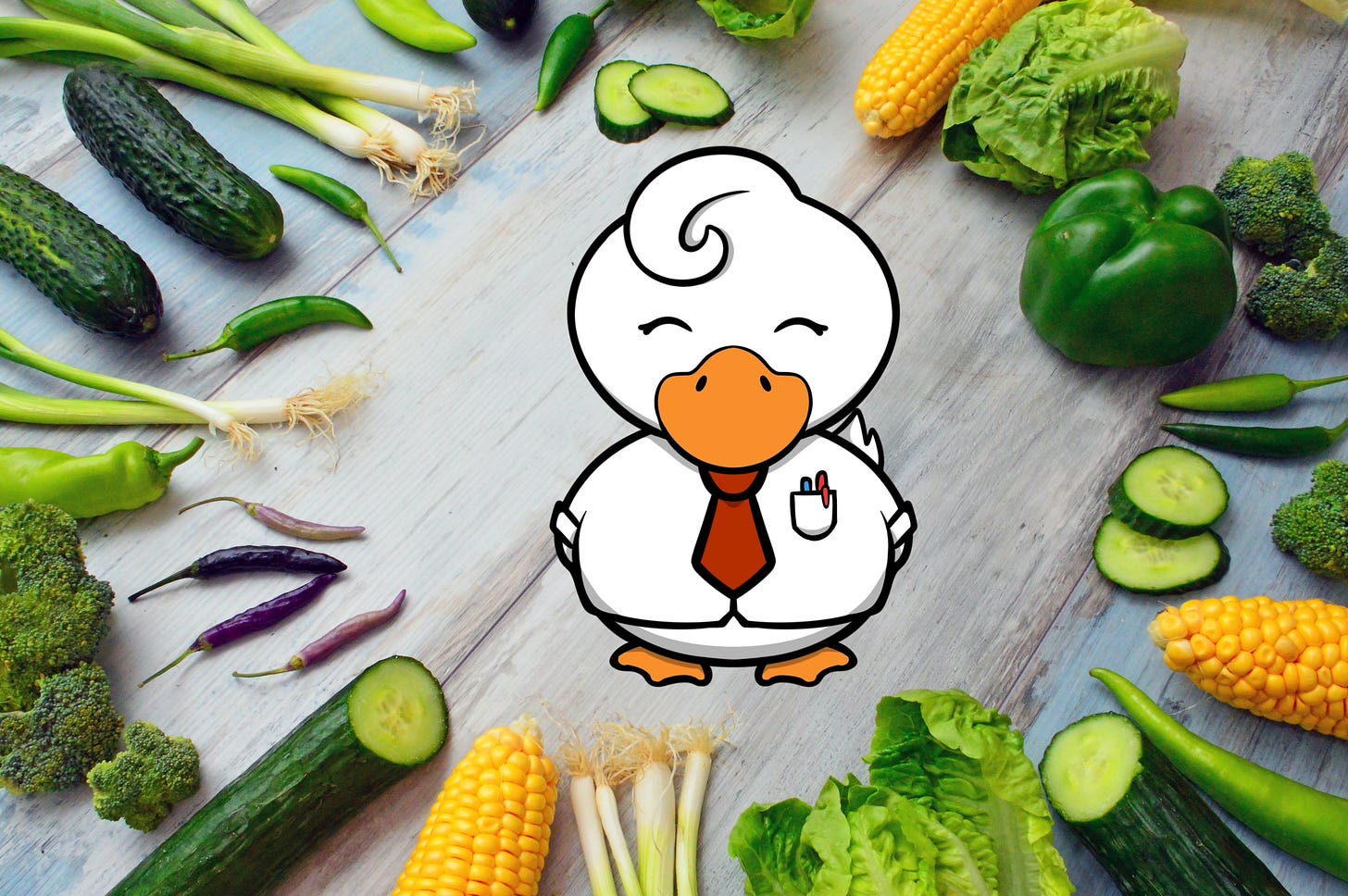The Power of Organic Growth
When we say "organic," we mean something different than most farms. And more of it is needed in the world of web3.
When a small farm starts throwing around the phrase “organic growth,” you’re probably gearing up for a lecture railing against the evils of synthetic pesticides. But we’re instead interested in a different sort of organic growth — the natural growth of our audience and supporters. That, for a project like ours, is critical to going far and surviving long-term.

Currently, the NFT space is full of projects targeted for pump-and-dumps by paid influencers. The creators of these projects often fork over a considerable amount of money to influencers to ensure the project’s launch is explosive. Other tactics, though free, are repetitive and obnoxious — like, RT, and tag 3 friends to get a chance at a “WL spot.” This is a different sort of industrial farming: industrial content farming.
For flippers interested in chasing down the next project to turn into a quick payday, such “industrial farming” projects are certainly a boon. But it creates an utterly absurd bubble, where projects get flooded with interest at launch but fail to leave a lasting impact culturally — even while people make absurd amounts of money in the process. These sorts of projects are obviously such a huge factor in the negative perception many have about NFTs.
Our breakthrough success in the NFT space was motivated by desperation — a last-ditch attempt to raise enough money to save the property on which smol farm resides. We put no money at all into marketing, and yet it minted out in less than 6 hours. People were attracted by our story and the — compared to other projects in the space — astoundingly low costs to mint a duck.
Though Dastardly Ducks did not experience some massive surge in trading volume after release like many hyped-up projects, we got people invested in more than just a financial level — they are emotionally invested in us, our future, and what we build next. The past couple of years were such a struggle for us, and the triumph of this project and what it did for us has become interwoven with the strands of this project’s DNA.
That does not mean everyone who buys a duck becomes emotionally invested for the long-term, but certainly a far higher proportion than the overly hyped projects whose primary purpose is merely to make people money through trades. This is a much more durable, meaningful form of community that we have sincere hope will outlast a lot of the hype of the day.
For us, this puts more emphasis on the people who are interested in what we are creating and building rather than those who see us as a quick investment opportunity. While we welcome people to take what opportunities they can to sell NFTs of ours for a profit, that is not our focus. We want to build things people love.
We started broke and still have limited resources but, assuming things continue to grow organically, it may make more sense to spend money finally on marketing at some point. However, if we reach that point, we want that marketing to be deliberately focused on further building that meaningful sense of community — it should be a way to tell our story to more people rather than artificially generate hype.
This is also why we have refrained from using any of the high-profile marketing mechanics or a pre-sale allowlist, even now that we are releasing a collection with Iron Chef Cat Cora. We know her name and reputation will bring a lot of eyes to the project — perhaps even some looking for a quick flipping opportunity. But we are confident many of those interested in Yo Kitties will take a look at the bigger story and stick around for something more meaningful.
For web3 and NFTs to feel truly welcoming to all, we need more of this thinking. Unfortunately, the current gold rush mentality — make as much money as fast as possible no matter how destructive and short-sighted the methods — works against us. Seemingly everyone wants to find the next Bored Apes before they get big, which leads to endless projects trying to frame themselves as the next Bored Apes. They’re not.
We need the traditional notion of “brands” to give way to real communities. Simply saving our home and nothing else would be, in and of itself, a massive miracle. But what we found ourselves with meaningfully for the first time was a community — a substantial amount of people who, despite never meeting about us, genuinely care about us as duck farmers, as creators, and, most importantly of all, as people. Through them and those who will follow, we want to build something real, lasting, and that people truly love.
If you enjoyed this article, please consider liking, sharing, and subscribing to smol farm gazette. Most of our articles are free forever, and the rest can be unlocked for just $5/mo. Proceeds support independent LGBTQ+ women creators.

